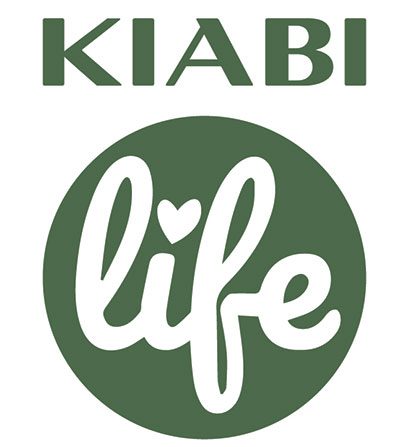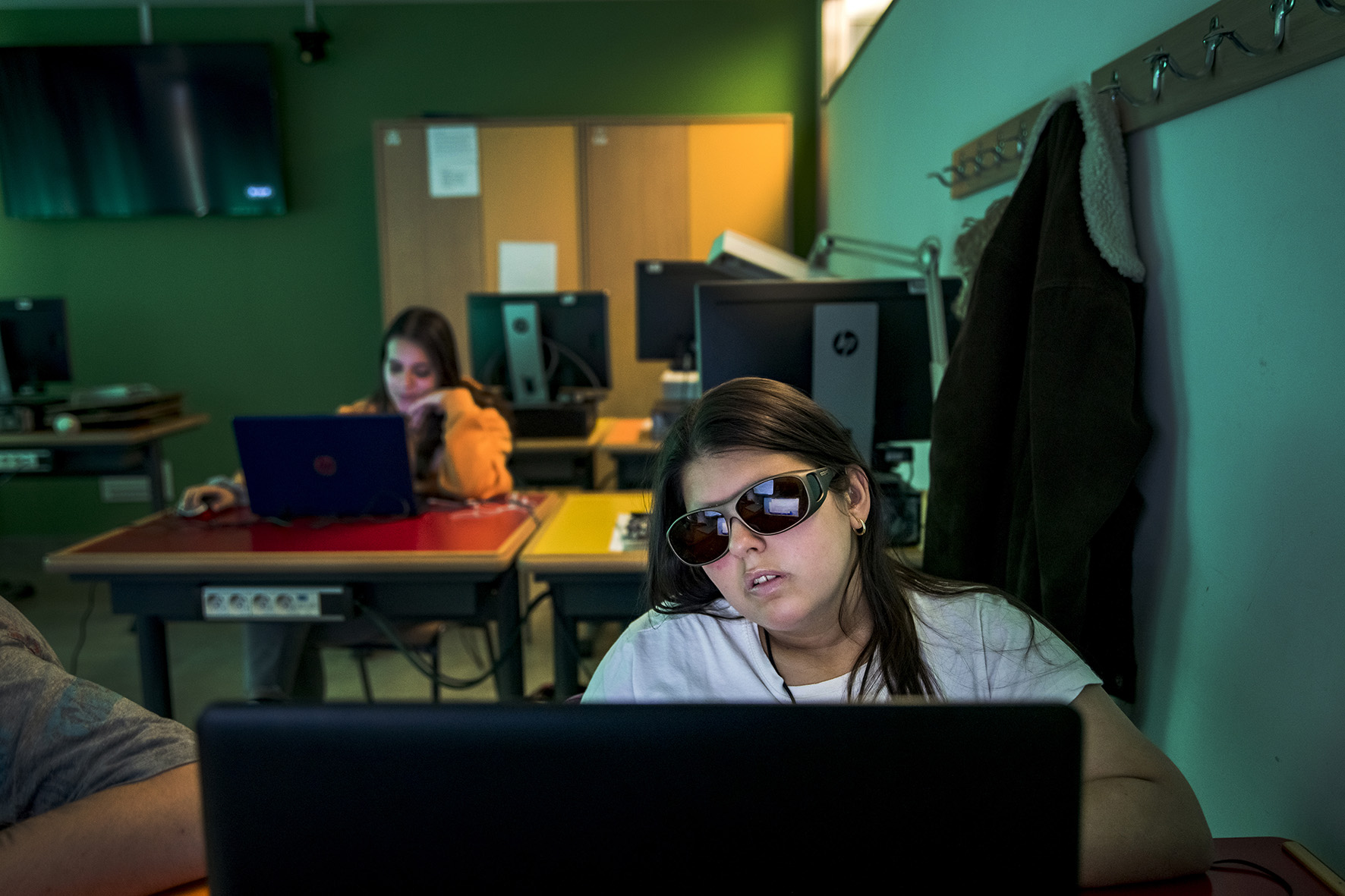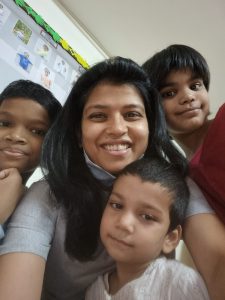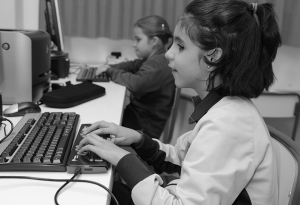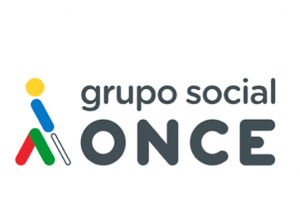Since the start of the 2017 school year, Kiabi has been offering an original collection of T-shirts with a positive message about school and education. All profits from these sales are donated to the Kiabi Life endowment fund to finance a multi-year programme to facilitate access to education. This is illustrated in Spain where the Dreams School project has entered its third phase.
Interview with Maria Pozo Cogote, project coordinator for Kiabi Spain and Germán Moya Hernández, Director of the ONCE Educational Resource Centre in Madrid.
What is the status of the Dreams School project in Spain?
Maria: Dreams School has given us the opportunity to install the technology needed to run hybrid courses in four classrooms at a secondary school in Madrid and four training rooms at the ONCE Educational Resource Centre (ERC) for the visually impaired. This investment allows students who are away from home for medical or family reasons to participate remotely in the lessons offered.
In your opinion, what are the conditions for quality education?
Germán: The quality of education depends on several factors. The competence of the trainer, the resources and the channel through which the material is delivered.
How does the Dreams School project contribute to this?
Germán: The pandemic has introduced new ways of working, buying and learning. Blended, hybrid, online and distance learning are growing rapidly. The Dreams School project is an important step in building our blended learning model. The technological contribution of the system allows us to meet the needs of our students and teachers in terms of content and materials, thanks to the implementation of adapted training courses, accessible to everyone, everywhere, at any time.
Did you encounter any obstacles in implementing the project?
Maria: Once the equipment had been delivered to the first classrooms, the teachers and students had to be trained in its use. Blended learning involves the sharing of digital resources that allow the teacher and the participants to interact simultaneously, either face-to-face or remotely. We took the opportunity of the tool to organise training seminars with professionals from all over Spain.
What motivated you to involve each other in this project?
Germán: The selection process for the hybrid classroom project was preceded by a series of contacts and meetings with the Kiabi teams, during which the shared commitment of both organisations to social inclusion became clear.
Maria: Promoting the inclusion of people with disabilities through education and enhancing talent through technology are differentiating commitments that we share with ONCE and that fit perfectly with Kiabi’s values.
To what extent does this partnership meet Kiabi’s commitment to inclusion?
Maria: Kiabi’s inclusive project, supported by Kiabi Life, is about creating a better society and a better future, especially through education. People with disabilities face many challenges on a daily basis. As an inclusive company, we are proud to be able to help them overcome them.
How is this commitment expressed among the Kiabi teams?
Maria: We strive to welcome people with disabilities, otherwise at risk of exclusion, into every shop. Our Kiabers are committed to training them, involving them in the life of the store and sharing our values with them. By raising awareness, we help to create a much more inclusive environment for our employees and for people with disabilities. The support and follow-up provided by our tutors are essential to the success of this project. Our customers can perceive Kiabi’s values of respect, plurality and diversity.
How do you see the partnership between ONCE and Kiabi developing?
Germán: We have expressed the wish to continue our collaboration on joint projects, in particular by training Kiabers to deal with blind or visually impaired people in shops. Dreams School provides us with the technical means to roll out our awareness-raising actions to as many employees as possible throughout Spain. We are planning to set up sessions, led by Kiabers, on the theme of fashion.
What criteria do you use to select the projects and audiences you support?
Maria: We make it a point of honour to fund projects that are sustainable, that maintain an impact over time on the families we help and that generate a genuine link between the associations, the beneficiaries and the Kiabers.
Through the Pink October campaign, we support women with breast cancer and their families. We also fund associations that work with children from vulnerable families at risk of social exclusion.
What does this mean?
Maria: Kiabi Life projects in Spain directly benefit more than 600 people and 700 indirectly. Through the Down Spain association, we have trained the teachers of nineteen educational establishments, while the “Espacio de confianza” platform, supported by our partner Agamama, already has over 5,200 users throughout Spain.
